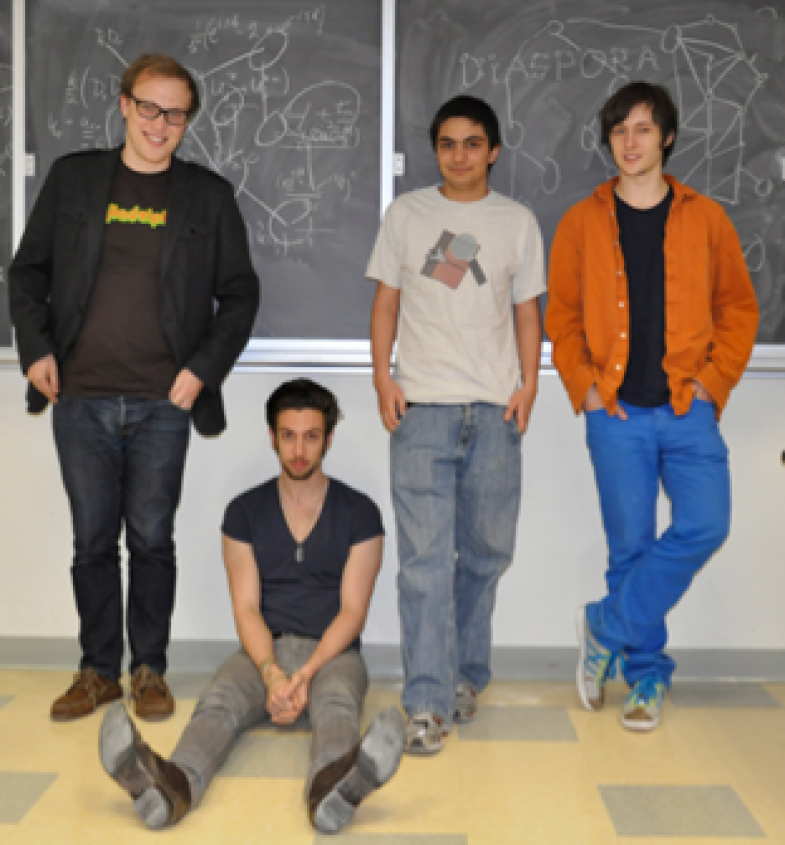We’ve known all along that Facebook was more of a commercial machine committed to corporate advertisers than a benign platform that respects individual users. The problem was, most of our friends and acquaintances are already on Facebook. The site has lots of cool features, and there was no serious alternative to migrate to.
But we knew there would eventually be a reckoning as Facebook’s appetite for maximum profits kicked in. The uprising began when Facebook instituted a new set of changes that make it harder and more confusing to protect your personal information on the site. Users had to opt-out of the default policy — which granted Facebook generous access to your data —- rather than a more reasonable opt-in policy.
Then there were the site’s privacy policy statement. At 5,830 words, the Facebook policy is thousands of words longer than those of Flickr, Twitter and MySpace. And if you really want to protect your personal information, it’s been pointed out, you have to wade through 50 settings with more than 170 options. Cynical and ridiculous! It didn’t help that founder Mark Zuckerman was openly disdainful of the very idea of personal privacy.
Facebook’s hubris toward users and its predatory designs on private information became uglier, with protest groups forming on Facebook itself and elsewhere. Thousands of users have started to abandon Facebook the way that they once fled MySpace. It’s no longer cool to participate in a site that mistreats its users and then serves up the familiar corporate double-speak.
Enter four NYU college students with a plan. On Kickstarter, a site that lets people raise money for projects, the students posted their idea to build an open-source social networking alternative — one that lets you control your own personal information, with no corporate flimflam. They call it Diaspora* — “the privacy aware, personally controlled, do-it-all distributed open source social network.”
Facebook is owned and designed for corporate investors, let us remember; Diaspora* will be a digital commons, a site that lets the users own and control things themselves. While open platforms and commons may resemble each other, only a commons vests real authority and control with the commoners. Raffii Sofaer, one of the Diaspora programmers, said, “We don’t need to hand our messages to a hub and have them hand it to our friends….. We need to take control of our data. Once you give it away once, it’s no longer yours.”
After the New York Times wrote an article about the Diaspora project, the team was flooded with contributions and offers of assistance. They’ve already raised $140,000, which will enable the kids to move from eating ramen noodles to apples, as they put it. The team plans to work crazy hours over the summer and release a first iteration of the software in September 2010. You can learn more about the project here.
The Diaspora platform will enable individuals to create their own nodes in a peer-to-peer network, rather than having everything go through a central hub dedicated to maximizing returns to corporate investors. Users will have control over their own private information, and the software will have a features that lets you reclaim your data from the existing major social networking services.
As an open source platform, Diaspora will have open APIs (Application Protocol Interfaces), which will enable outsider developers to create new add-on modules to extend the capabilities of the program. Some of the contemplated add-ons include voice-over IP, instant messaging, and backups using distributed, encrypted protocols.
There’s no guarantee that Diaspora will be well-executed or embraced by a huge rush of Facebook refugees. But that is certainly a reasonable hope. The mere threat of Diaspora has already prompted Facebook to back-pedal on its privacy changes and launch a major damage-control offensive.
I see Diaspora as the revenge of the commons: a surge of collective action, enabled by the Internet, to reclaim what is ours. We don’t need no stinkin’ Facebook. The commoners can create their own platform. Godspeed, Ilya, Dan, Max and Raff! I hope you’re ready for your close-up.

